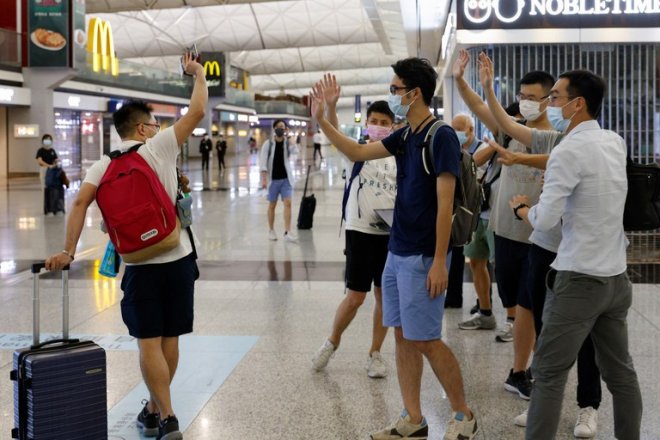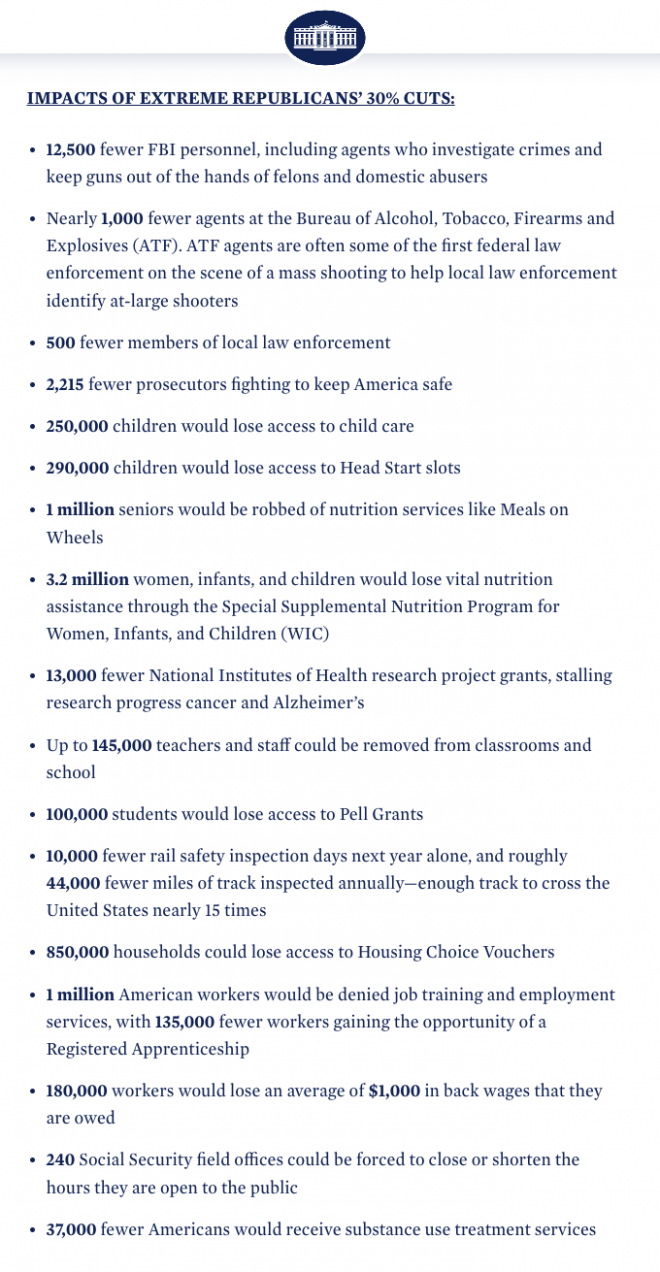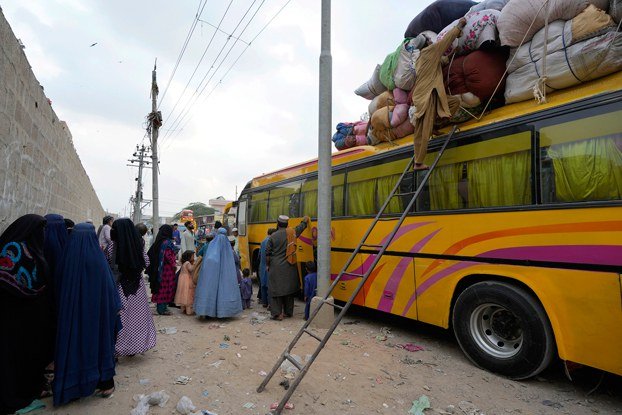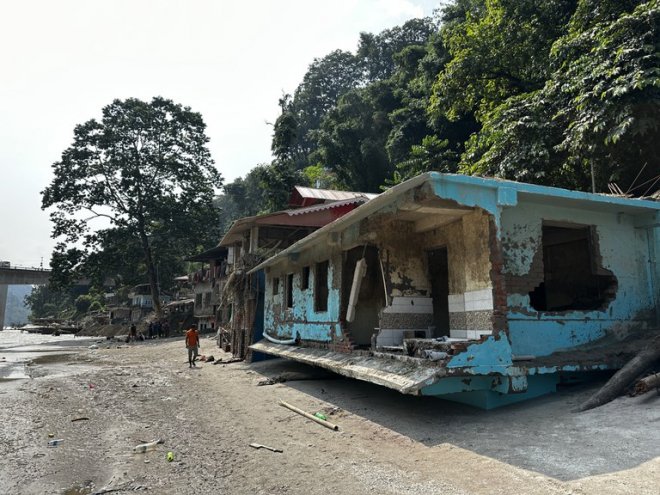INTERVIEW: ‘The loneliest time is New Year’s Day and other major holidays’
As Lunar New Year approaches in South Korea, and people travel to spend the holiday with their extended families, the nation’s trains run over-capacity and entire highways slow to bumper-to-bumper traffic. Rural hamlets see a surge in population, and the capital of Seoul turns into a ghost town.The annual pilgrimage to the hometown can be a difficult journey, but honoring ancestors with heaps of delicious food for the jesa ceremony, feasting on it afterwards with the whole family, and having three days off from work makes all the hassle worthwhile for most South Koreans.
But there are some in South Korea who cannot make their way back home no matter how much they miss their families. Over the years more than 33,000 people who fled poverty and oppression in North Korea have come to live in the South.
Though most would say they are glad to have left their oppressive homeland, many still long for home when the holiday season rolls around.
Radio Free Asia’s Korean Service interviewed Sohn Myeong-hee, Kim Dan-geum, and a third escapee identified by the pseudonym Park Ji-yeon. They discussed the differences in how the holiday is celebrated in North and South, their longing to be back with their families, and feelings of loneliness during one of the most important holidays in Korean culture.
RFA: North Korea did not officially observe Lunar New Year as a holiday until 1989, so how important is the holiday in the North?
Sohn: Previously, Jan. 1 was considered more important, but now the Lunar New Year is very appreciated. We don’t have to work for two or three days.
RFA: What do you feel is different between how you celebrated the Lunar New Year in the North, and what you see in the South?
Park: In North Korea, all the food is prepared on the day before to prepare for the jesa. Our mothers cook food until midnight or one o’clock in the morning the day before the holiday. So there is more of a holiday feeling in that kind of atmosphere. I think it is very different from South Korea.
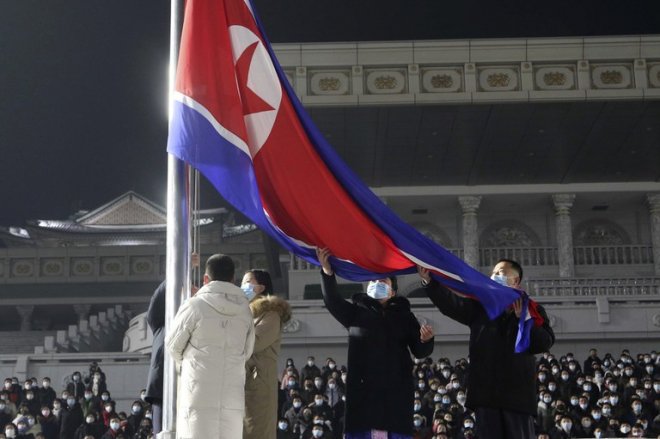 National flag-hoisting ceremony is held at Kim Il Sung Square in Pyongyang, North Korea Sunday, Jan. 1, 2023. (AP Photo/Cha Song Ho)
National flag-hoisting ceremony is held at Kim Il Sung Square in Pyongyang, North Korea Sunday, Jan. 1, 2023. (AP Photo/Cha Song Ho)RFA: So what is the typical North Korean Lunar New Year like?
Kim: We gather from the day before and watch the midnight bell ringing on TV to celebrate the New Year. … In North Korea, there are areas where electricity is reliably supplied and there are areas that are not. But electricity is provided to everyone for the New Year, and it is called the ‘holiday supply.’
RFA: Food in North Korea is in short supply, so if people are struggling to eat most of the time, what is the holiday food like?
Park: [On the holiday] we can usually eat things we wouldn"t normally eat. I eat a lot of meat or seafood because I don’t get to eat them every day.
Sohn: We usually don’t get to eat seafood and meat. So, on holidays, we sell about 10 kilograms (22 pounds) of rice or corn to buy delicacies. We collect what we farmed for the year and eat it on New Year"s Day. If you don"t have rice on New Year"s Day, you buy rice to eat. Some don"t have to buy meat because they do livestock farming in rural areas, but they buy a lot of seafood. The most precious foods [where I was] in North Korea were pollack, mackerel, and flounder. We eat these during the holidays.
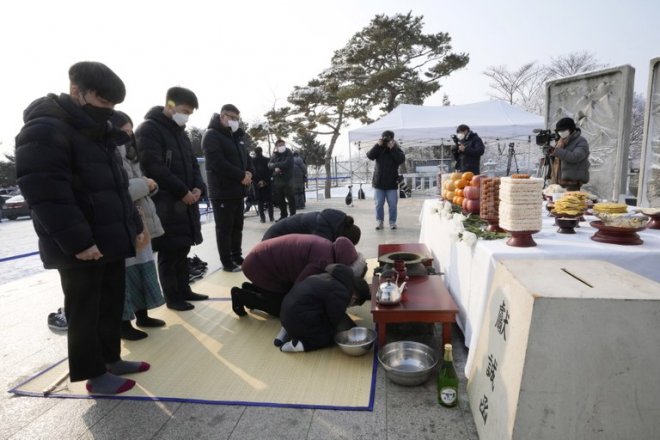 North Korean refugees and their family members bow to respect for their ancestors as they visit the Imjingak Pavilion near the border with North Korea, to celebrate the Lunar New Year in Paju, South Korea, Tuesday, Feb. 1, 2022. (AP Photo/Ahn Young-joon)
North Korean refugees and their family members bow to respect for their ancestors as they visit the Imjingak Pavilion near the border with North Korea, to celebrate the Lunar New Year in Paju, South Korea, Tuesday, Feb. 1, 2022. (AP Photo/Ahn Young-joon)RFA: Can you remember any specific Lunar New Year moments from the past that stick with you even now?
Kim: We always prepared for the holiday on the day before. I went to the marketplace and then my sisters and I would cook together. I have two sisters. We always got together to cook. We saw each other often throughout the year, but I really enjoyed the time we spent together and ate together on holidays. I think the time when we were making food is the most memorable.
RFA: After settling in South Korea, what feelings do you have when the Lunar New Year approaches?
Sohn: When we come here, we have no parents or siblings. The loneliest time is New Year’s Day or other major holidays. … I miss [my family]. Honestly, it doesn’t make sense to say I don’t miss them. I miss them, but I can’t put my hopes on them. Because I can’t go back to see them. I always miss them.
Park: “I sometimes imagine what my parents will be doing on New Year"s Day and how they are doing these days. I know they are probably heading to grandma’s house after their meal. I can imagine their day because I was part of it, and I have the memories. At the time, I didn"t realize it because I had been doing it every day, but there are times I miss it. When the Lunar New Year comes, I think about it a lot, wondering what food they will be eating on New Year"s Day, and I worry if they have enough food to eat.
Kim: Every year during the Lunar New Year holiday, I feel the saddest, because my brothers, father, and mother in my hometown have all passed away. I think of my family the most during Chuseok [autumn harvest] and Lunar New Year holidays. They say that living in North Korea is difficult right now, so I wonder how people spend the holidays there. I think of my siblings a lot.
Translated by Claire Shinyoung Oh Lee and Leejin J. Chung. Written in English by Eugene Whong.
[圖擷取自網路,如有疑問請私訊]
|
本篇 |
不想錯過? 請追蹤FB專頁! |
| 喜歡這篇嗎?快分享吧! |
相關文章
AsianNewsCast








